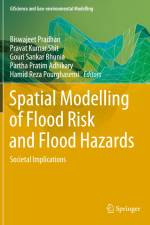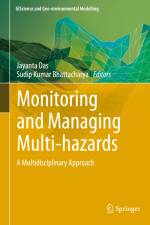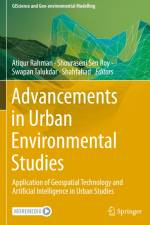av Atiqur Rahman
2 059
According to UN estimates, approximately nearly half of the world's population now lives in cities and that figure is expected to rise to almost 70% by 2050. Cities now account for around 70% of worldwide greenhouse gas emissions, and this percentage is predicted to rise in the near future as a result of projected increases in global urbanization patterns. It is widely acknowledged that irrational urban planning and design can increase emissions while also exacerbating threats and risks, resulting in a slew of environmental issues such as urban heat islands, air pollution, flooding, amongst other issues, as well as environmental, social, and economic losses. Therefore, these concerns must be addressed promptly in order to cope up with these rising difficulties and make urban environments safer for residents. With the advancement of remote sensing technology and the use of current remote observation systems, urban data science, remote sensing, and artificialintelligence (AI), modeling and quantifying emergent difficulties in urban regions and urban systems have become easy. They aid in the quantitative analysis of urban shape, functions, and human behavior in cities. Harvesting data, developing models, and suggesting new methodologies will be aided by combining urban ecology with new breakthroughs in data science. This book is of great value to a diverse group of academicians, scientists, students, environmentalists, meteorologists, urban planners, remote sensing and GIS experts with a common interest in geospatial sciences within the earth environmental sciences, as well as human and social sciences.



